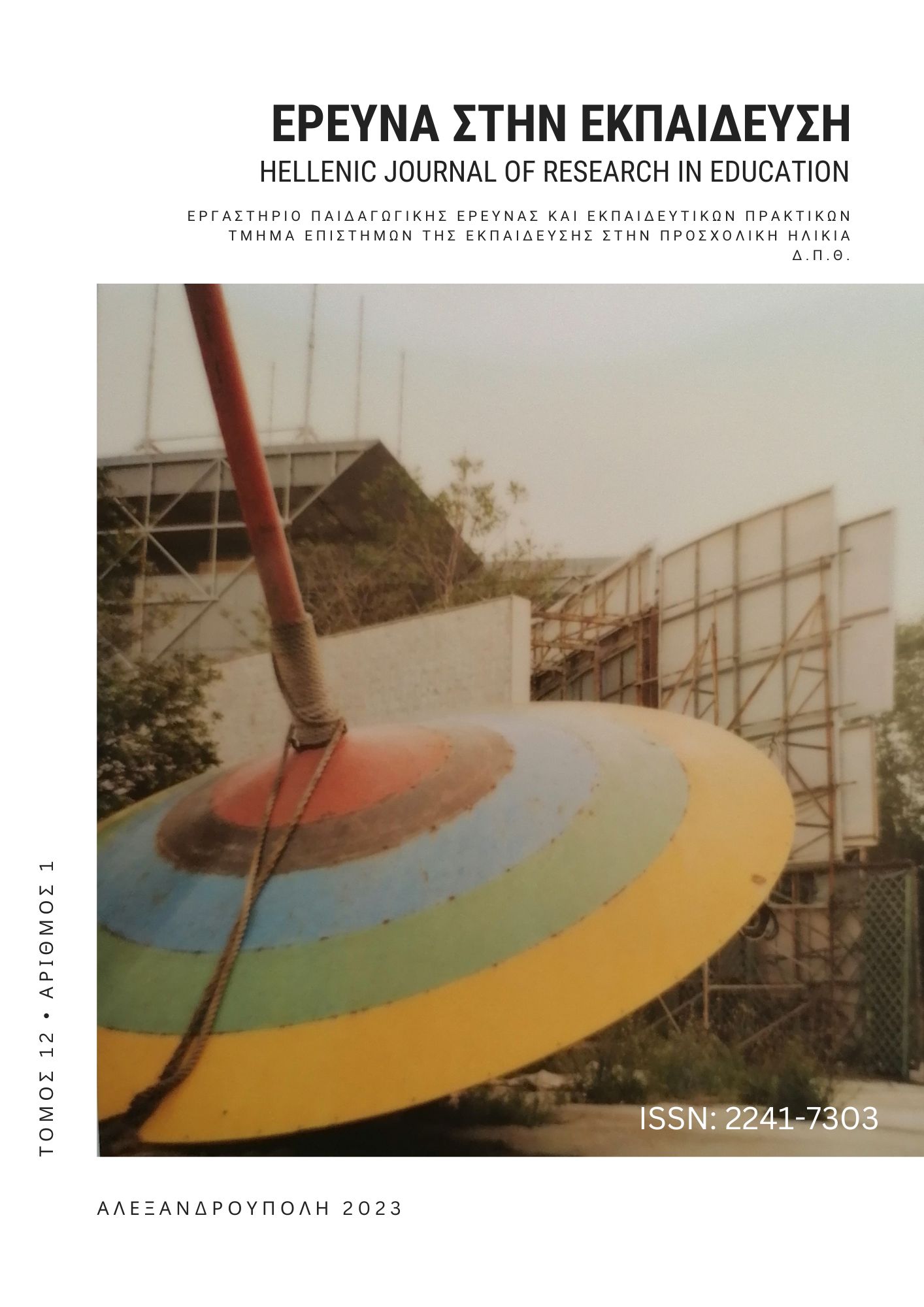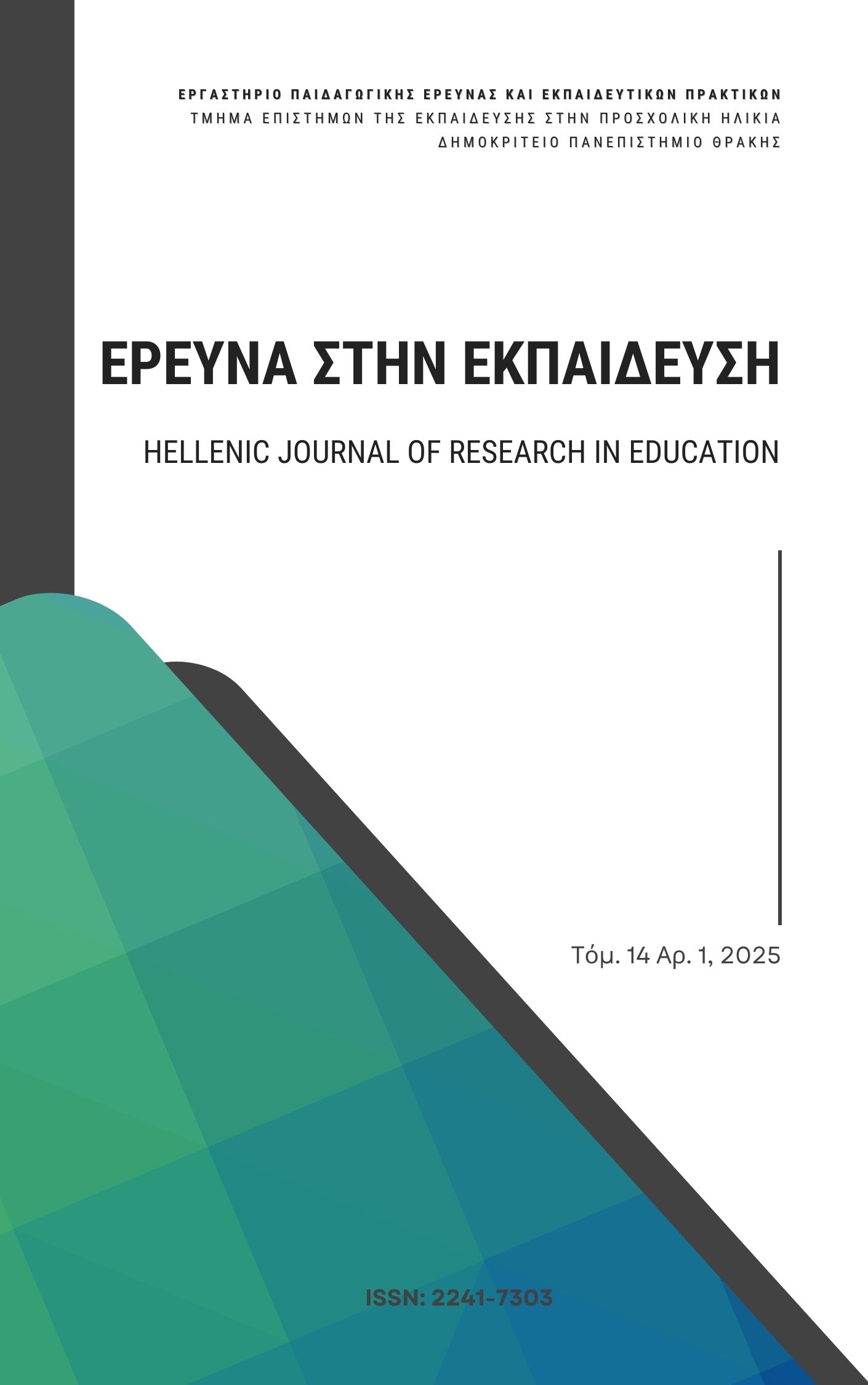Fliperentiation: Differentiated instruction in the flipped classroom context

Abstract
With contemporary classrooms becoming increasingly diverse, differentiated instruction is regarded as the most effective approach for adapting teaching to students’ different needs. However, its implementation is not frequent due to the limited class time and the difficulty involved in the parallel teaching to students of different levels. The emerging approach “Fliperentiation” (Flipped Learning and Differentiation) provides the teacher with an alternative way of organizing the learning process. Combining the pedagogical model of the flipped classroom with the teaching strategy of differentiated instruction, offers the teacher the time needed in order to adapt his instruction to the needs of each student. This literature review presents an overview of available research data on the Fliperentiation approach and the results of previous research on the possibility of differentiating teaching in the flipped classroom context. The strengthening of students’ motivation for active participation in the learning process and the development of their collaborative skills and their autonomy, through the application of the flipped classroom and the differentiated instruction, are its main themes.
Article Details
- How to Cite
-
Sidiropoulou, Z., Botsoglou, K., & Politi, V. (2023). Fliperentiation: Differentiated instruction in the flipped classroom context. Hellenic Journal of Research in Education, 12(1), 37–56. https://doi.org/10.12681/hjre.33385
- Issue
- Vol. 12 No. 1 (2023)
- Section
- Articles

This work is licensed under a Creative Commons Attribution-NonCommercial-ShareAlike 4.0 International License.
Authors who publish with this journal agree to the following terms:
- Authors retain copyright and grant the journal right of first publication with the work simultaneously licensed under a CC-BY-NC-SA that allows others to share the work with an acknowledgement of the work's authorship and initial publication in this journal.
- Authors are able to enter into separate, additional contractual arrangements for the non-exclusive distribution of the journal's published version of the work (e.g. post it to an institutional repository or publish it in a book), with an acknowledgement of its initial publication in this journal.
- Authors are permitted and encouraged to post their work online (preferably in institutional repositories or on their website) prior to and during the submission process, as it can lead to productive exchanges, as well as earlier and greater citation of published work (See The Effect of Open Access).




